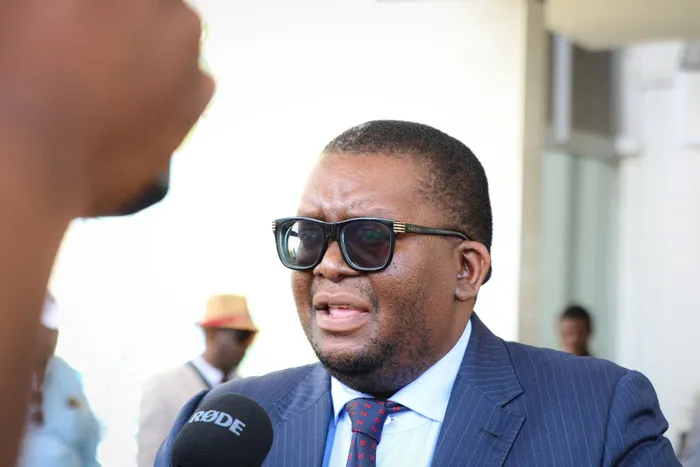KZN COGTA MEC advocates for improved municipal governance and service delivery

The MEC of COGTA, Reverend Thulasizwe Buthelezi calls for stronger local governance and collaboration to build stable municipalities.
Image: KZN COGTA / Facebook
KwaZulu-Natal MEC for Cooperative Governance and Traditional Affairs (COGTA), Reverend Thulasizwe Buthelezi, has called for urgent changes to strengthen collaboration to enhance stability, accountability, and service delivery in municipalities across the province and the country.
During his speech at the Local Government Conference hosted by the Development Democracy Programme (DDP) at the Elangeni Hotel in Durban, he said that even though progress is recorded in KZN, many municipalities continue to face challenges nationally.
“According to the Auditor General’s 2023/24 report, only 16% of municipalities received clean audits. Weak governance, poor accountability and financial instability remain key concerns,” he said.
MEC recognised several other KZN municipalities that have received national recognition for their governance practices. This includes eThekwini Metro, Ulundi, King Cetshwayo District, Umkhambathini and KwaDukuza Local Municipality.
The Ulundi Municipality was also mentioned for its work in consistently utilising 100% of its conditional grants over the past five years.
He reassured the department is still dedicated in supporting other municipalities that are suffering and that governance will improve through;
- Regular council and portfolio committee meetings
- Training for councillors and municipal officials
- Strengthening Municipal Public Accounts Committees (MPACs)
- Financial recovery plans and debt management interventions
The MEC also embraced the municipal structures amendment (coalitions) Bill, 2024, which seeks to stabilise coalition governments and reduce political-administrative tensions. He shared that the bill reflects a stable political system.
“When councils are unstable, municipalities struggle to deliver services effectively. This Bill represents a step towards political stability and improved service delivery,” said Buthelezi.
He further called for the traditional leadership to be involved in local government, proposing that the constitutional amendments must define the roles and powers of Amakhosi in community development and spatial planning.
“Amakhosi should be recognised as partners in the development of our communities,” he emphasised.
Buthelezi continued by encouraging stakeholders to collaborate hand in hand in finding practical solutions.
“Local government affects all residents and plays a role in economic development. We must adopt a solutions oriented approach to strengthen service delivery and governance,” he said.
Dr Devi Rajab, DDP’s Board chair, reminisced on the story of whistleblower Babita Deokaran, who was killed in 2021 after exposing corruption in Gauteng. She emphasised the impact of poor governance that the communities face and the importance of ethical leadership.
“Our communities continue to face challenges while some leaders benefit from resources they did not earn. Political appointments often replace merit, excluding qualified individuals in favour of politically connected ones,” she said.
IOL